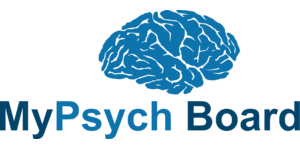Ann is a 45-year-old woman. She describes a long history of “not fitting in” and feeling misunderstood. Ann reports her history tearfully, frequently grabbing tissues from her pocket and stating how “destroyed and empty” she is. She reports migraines that are treated by triptan. She is also diagnosed with sleep apnea. However, she is non-compliant with her CPAP machine. Her BMI is 41. Ann reports that she was in a long-term relationship with a male partner for 14 years. She reports that Ron was a “perfect prince that turned into a nightmare.” She admits to breaking his computer during the last fight. After many breakups and reconciliations, he recently ended the relationship and moved out citing her “inability to be happy” and said she was emotionally abusive. Ann reports that she is actually the victim of his emotional abuse and acts out by engaging in sex outside of the relationship. While her partner, Ron, was moving his things out of the apartment, she reported repeatedly texting and calling him until he answered. She also made superficial cuts on her arm with Ron’s initials. She reports she told Ron he could “tell the police they would find her on the bathroom floor.” Ron called 911 and Ann was taken to a nearby emergency room by ambulance for evaluation last night. She was given an outpatient referral to your office.
Q1 Ann reports that Ron is wrong for having abandoned her and intimates she might try to reconcile with him again. What is Ann’s most likely diagnosis?
A Histrionic personality disorder
B Dependent personality disorder
C Narcissistic personality disorder
D Borderline personality disorder
E Major depressive disorder
